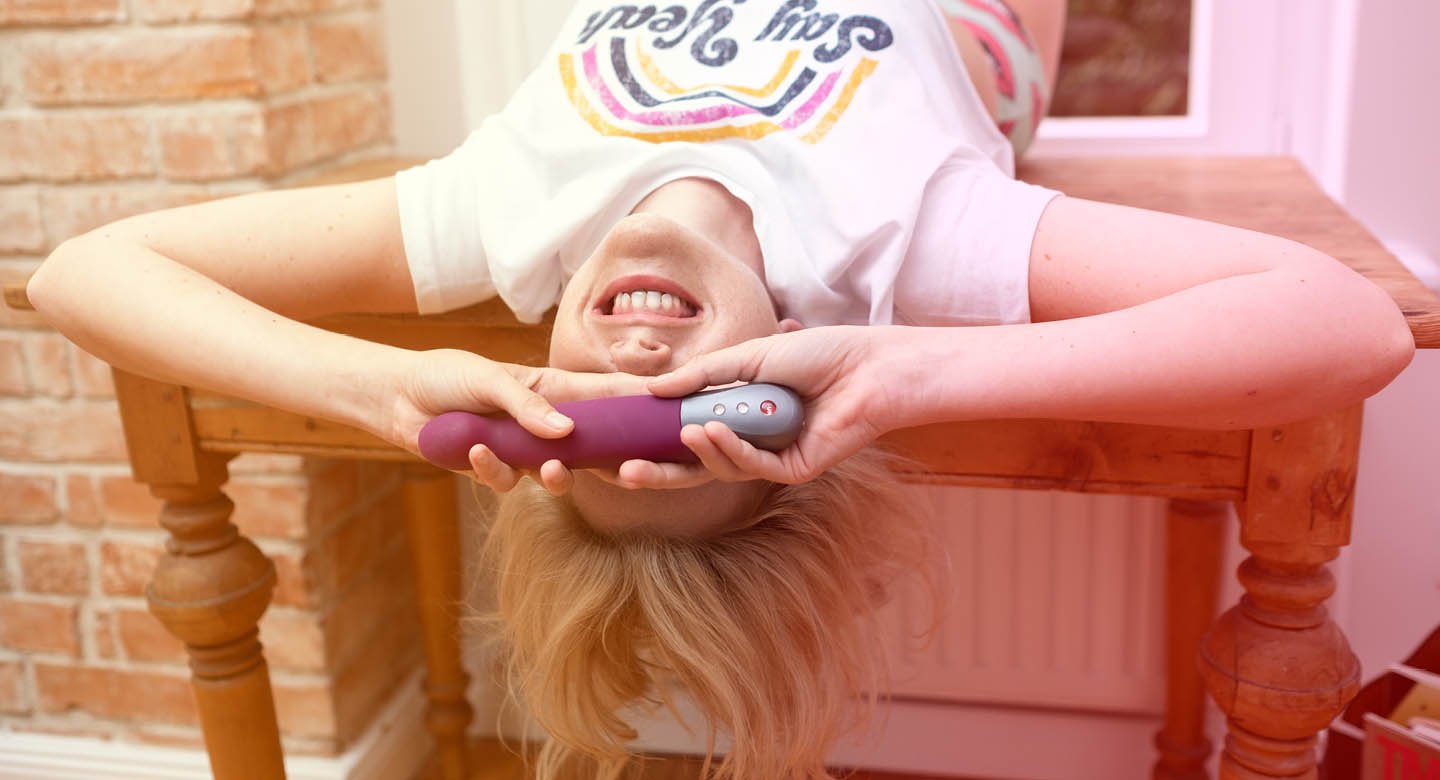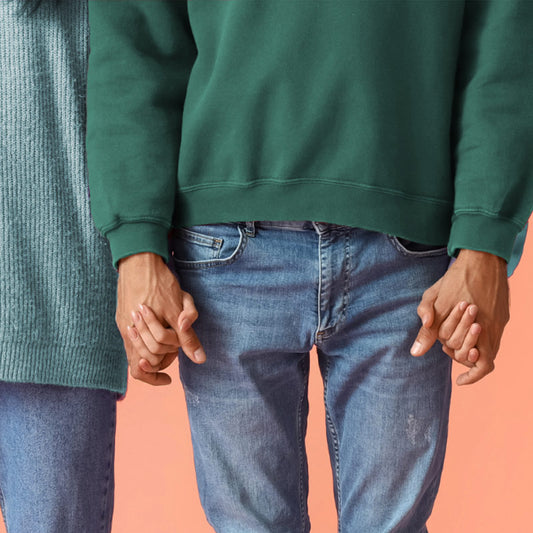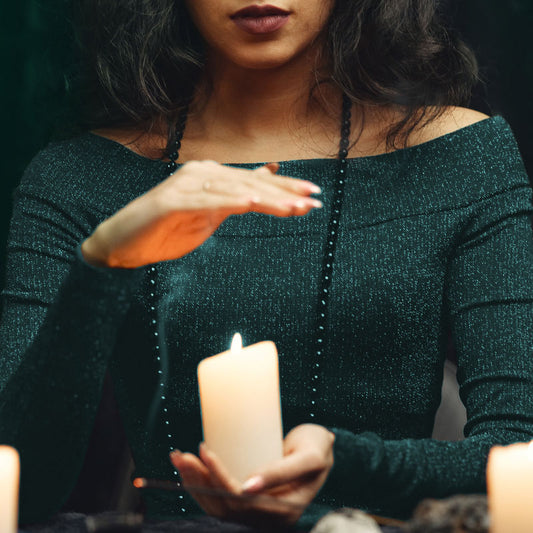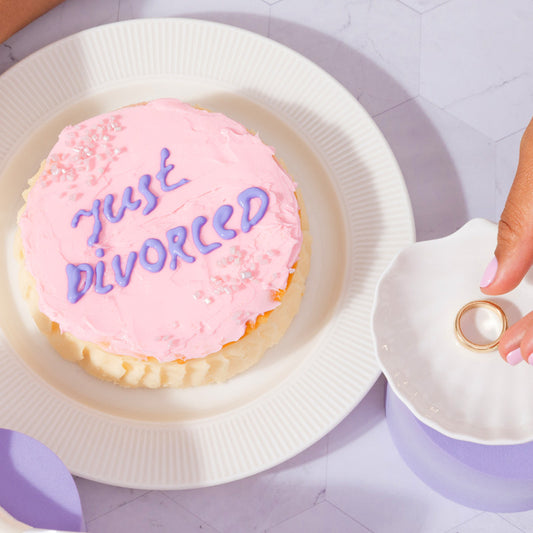
By Zachary Zane
Bisexual Awareness Week (aka BiWeek) is upon us! BiWeek, which has been around for about 10 years, runs from September 16 to September 23 and ends with Celebrate Bisexuality Day, a holiday that’s 25 years old as of this year.
Some folks don’t understand why we have a Bisexual Awareness Week. They think it’s unnecessary. In short, these folks are quite misinformed. BiWeek, which is all about bringing attention to the bisexual community’s needs and increasing our visibility in the mainstream, is desperately needed.
“Bisexual voices are still underrepresented in the media, public health, and community conversations,” says River McMican, President of the Bisexual Resource Center (BRC). “The bi community has been part of the movement for LGBTQ+ equality from the very beginning, and our stories deserve to be heard and celebrated. It’s so important that people know there’s a vibrant, global bisexual community out there that they can be a part of!”
Currently, bisexual people are significantly less likely to be out as bi than their gay and lesbian peers. This causes a negative feedback loop. People don’t come out as bi, so others don’t think bisexuality is real, and therefore, they don’t come out. Bisexual Awareness Week, where people proudly claim their bisexuality for the world to see, is HUGE for increasing bisexual visibility and greatly encourages other folks to come out as bi.
Do you know what’s wild? Statistically, bisexuals are the largest group in the LGB community. In the summer of 2022, the Pew Research Center found that 62% of LGB people identified as bisexual. We are the silent majority. It’s been proven! Yet, we often feel so alone in the world. We struggle to find other bi folks, and often feel the need to choose between participating in the straight or gay worlds. This shouldn’t be the case, and BiWeek helps foster a larger bi community!
In honor of BiWeek, we’re breaking down some of the most common questions bisexual (and pansexual) folks have about their identity and community.
What’s the difference between bisexual and pansexual?
There is some confusion about the differences between bisexuality and pansexuality, even among bi and pan folks. Some people disagree on the definitions. That said, typically, “Bisexuality is defined as having an attraction to more than one gender; pansexuality is defined as having an attraction to any gender,” explains Nicole Kristal, the Founder and Executive Director of Still Bisexual. “To many, the terms are interchangeable, but the pansexual label denotes that gender places little if any role in your attractions.”
Kristal considers herself bisexual because sometimes gender is exactly what attracts her to someone. “If I am in the mood to date, say, a woman, I seek out dating someone of that gender. If you’re pansexual, you often don’t pursue people for that reason,” she says.
Many younger people identify as pansexual because they feel it’s a more inclusive term than bisexual. “It is important to note that there is nothing trans-exclusionary or transphobic about identifying as bisexual,” Kristal says. “In fact, historically, members of the bisexual community have been more supportive of the transgender community than gays and lesbians, [some of whom] didn’t want transgender or bisexual people as part of their civil rights movement during the 1970s and 1980s.”
While “bisexual” and “pansexual” are the most common identity terms used by people attracted to more than one gender, there are others, too, McMican adds. “Some other terms you might hear are ‘omnisexual,’ ‘multisexual,’ ‘queer,’ ‘fluid,’ ‘polysexual,’ or ‘m-spec,’” they say. “Additionally, asexual, demisexual, and aromantic people can also be attracted to people of more than one gender.” All these identities are valid, and they all have nuanced differences.
At the end of the day, while labels like “bi” and “pan” can help us describe our attractions, it’s important to remember that every person’s experience is different. “No matter what words people use, their identities and experiences deserve respect,” McMican says. “You don’t need to understand someone’s attractions to respect them.”

When can you call yourself bisexual?
Through my years as a bisexual activist and writer, I’ve learned that many folks don’t feel like they have “the right” to call themselves bisexual, even if they are attracted to multiple genders. They think because they’re monogamous and in an opposite-sex relationship, they can’t claim the bi label. Or they think because they’ve never had sex with someone of a specific gender, they can’t be bi. Or, because they see themselves marrying someone of the opposite sex, they don’t wait to claim the bi label. Some folks don’t call themselves bi because they are only sexually attracted to people of all genders and not romantically (meaning they can have sex with men, women, and nonbinary folks but only date people of the opposite sex or gender).
Spoiler alert: You are all still bi (if you want to identify as such)! “You can call yourself bisexual whenever the label feels true to your identity,” Kristal says. “You don’t have to be 100% confident you are bisexual before calling yourself bisexual, and many bisexuals have so much fluid desire that they often feel like imposters or question their own bi identity.” This is entirely normal, but really, you shouldn’t feel like an imposter if you call yourself bi. Remember, bisexuality is about attraction. “This attraction can be emotional, romantic, physical, sexual, aesthetic—any kind of attraction,” McMican says.
It doesn’t matter who you have or haven’t dated, it doesn’t matter if you’re married or in a monogamous partnership, and it certainly doesn’t matter who you’ve been sexually involved with. “Bisexuality is a personal identity, not an activity, and if the word ‘bisexual’ resonates with you, you can call yourself bisexual. You don’t need to prove yourself to anyone else,” they say.

How do you deal with naysayers who don’t believe bisexuality is real?
“My best advice about anyone who denies the validity of your bisexual identity is to know it’s not your responsibility to prove yourself to them,” Kristal says. “You don’t have to list all your past partners or try to argue with them.”
I cannot tell you just how much I agree with this sentiment. I actually write about this in detail in my book, Boyslut: A Memoir and Manifesto. I have an entire chapter where I talk about all the responses I’ve received when I’ve told someone I’m bi, how I’ve responded to them, and how I wish I’d responded.
I’m going to share one short passage where I discuss how I deal with naysayers by simply responding, “Okay.”
“I cannot emphasize enough how powerful it is when you don’t take the bait. Not just to this particular comment but to all comments that demand you to defend who you are. It illustrates that you don’t care what they think. Their opinion doesn’t matter, and you are so steadfast in your beliefs, so sure of who you are, that you don’t require their support or approval. Ironically, not engaging is actually going to make them more likely to change their mind than a coherent, well-executed argument.”
I’ll also add that it’s a lot better for your mental health. It simply isn’t sustainable to argue with someone every time they dismiss or invalidate your (bi)sexuality. You’ll burn out quickly. You don’t want to do that! You want to embrace, love, and celebrate your bisexuality—not feel burdened by it.
That said, if someone is well-intentioned and open-minded but simply ignorant, you can point them toward some resources so they can learn. Again, you’re not obligated to do so, but if you have the emotional space for it, go for it! “The Bisexual Resource Center has brochures and materials for our allies, and organizations like PFLAG can support family and friends who need a little more help,” McMican says.

How can you find a bisexual community?
Because bi people are less likely to be out than our gay and lesbian peers, it can be tough to find bi-specific spaces even if many bi people are in your area. Thank God we live in the age of the Internet.
The first step in finding bi community is to go online, Kristal says. “Yes, X (formerly Twitter) is a hot mess right now, but there are lots of wonderful bi accounts to still follow on there and on Instagram,” she says. There are also a ton of amazing bisexual TikTok accounts you can follow for affirmation. You can search Facebook for bisexual groups in your geographic location, too.
“Still Bisexual offers a resource of more than 110 videos of bi+ people of all ages, races, and gender identities sharing how they realized their bisexual orientation was lifelong,” she says. “And you can sign up for the Still Bisexual newsletter to receive updates on virtual and in-person events we are having. Lastly, you can check out the Bisexual Resource Center’s list of bi groups nationwide.”
The BRC also runs monthly support groups and social groups for the bisexual+ community online. “There are also bi-specific groups like BiRequest, the Bisexual Organizing Project, Bi+ Georgia, and Bisexual Queer Alliance Chicago which run events both locally and online,” McMican adds. These are great starting points for connecting with the community.
You also may consider bisexual “flagging.” An example is wearing a bi or pan flag pin. If you feel comfortable, you can wear a shirt that says you’re bisexual and wear the colors of the bi flag (purple, pink, and blue). “You'll be amazed how many people will recognize and appreciate it! It's a really quick way to meet other community members and a great conversation starter,” McMican says.
Then, of course—this isn’t for everyone—but several queer sex clubs have bisexual, sex-positive, and polyamorous members. Personally, I’ve found my bisexual community and met my best bisexual friends through sex spaces. And if you’re kinky or polyamorous, these spaces are great because they address multiple aspects of your identity, not just your bisexuality.
If you’re actively embracing your bisexuality during sex, might we suggest a bisexual toy like BI AMOR, the beginner-friendly dildo in the colors of the bi flag?
It can be a lot of work searching for online bi communities, attending bisexual meet-ups, and going to queer, sex-positive spaces, but it is so worth it. Once you find your bisexual chosen family, you’ll feel much less alone. You’ll feel so much more supported and embraced. And you’ll wonder how you ever managed to live without these people in your life.
Happy Bisexual Awareness Week!
Zachary Zane is FUN FACTORY’s resident Sex Expert. His work focuses on sexuality, culture, and the LGBTQ community. He is the author of Boyslut: A Memoir and Manifesto.
He currently has two columns: “Sexplain It” at Men’s Health and “Navigating Non-Monogamy” at Cosmo. He is also the founder and editor-in-chief of Boyslut Zine, which publishes real sex stories from kinksters worldwide. His work on sexuality and relationships has been published in The New York Times, Rolling Stone, The Washington Post, and many others.




